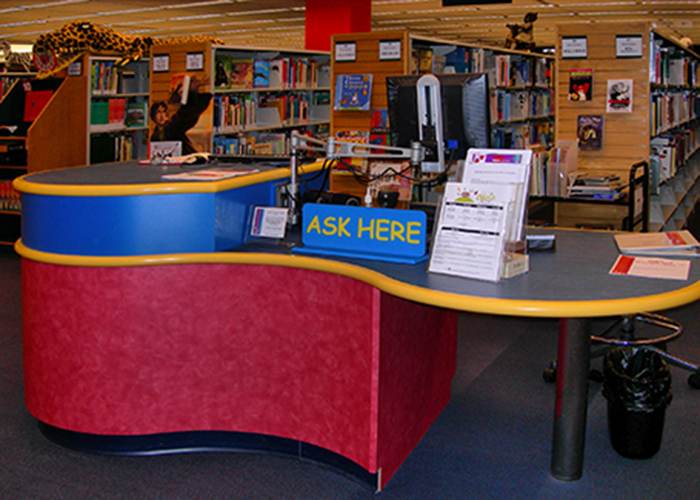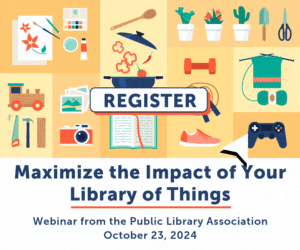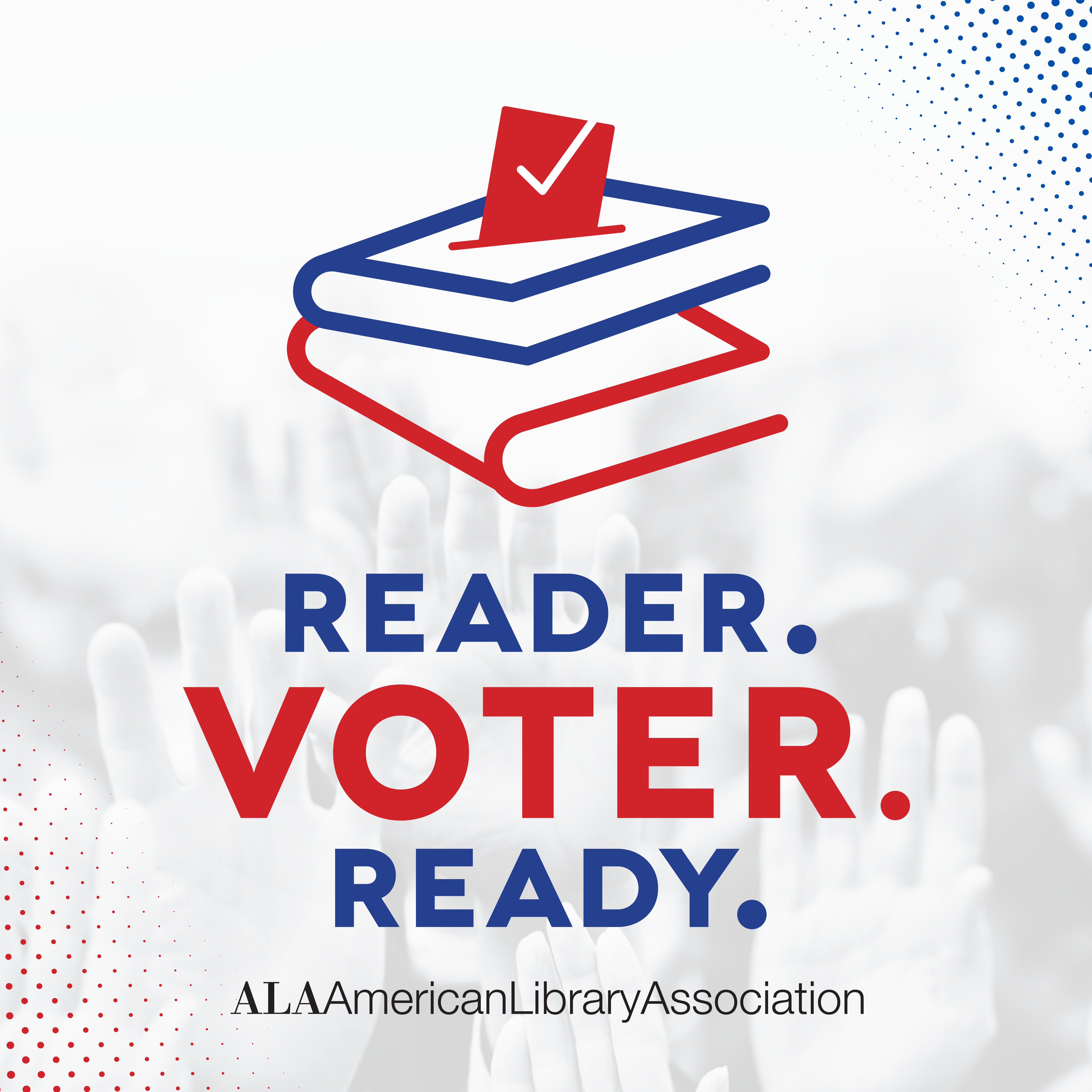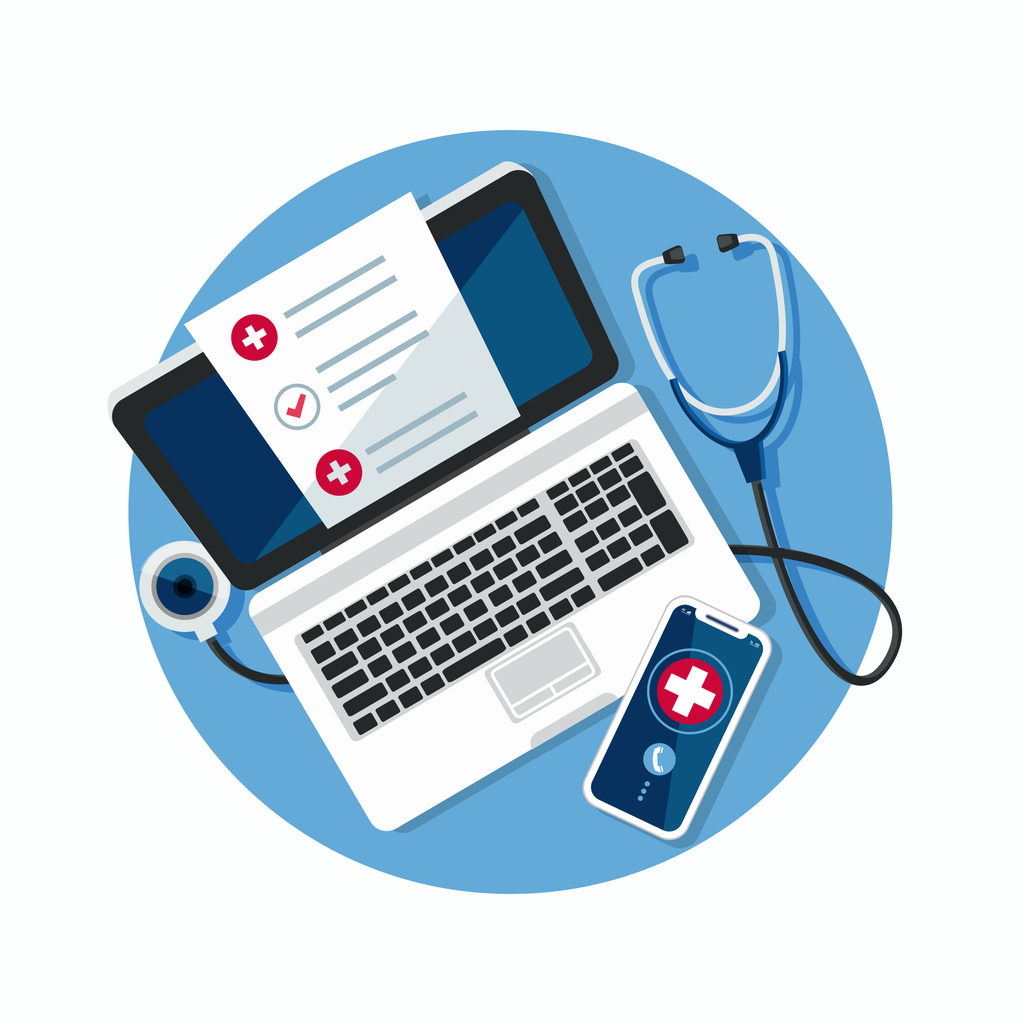Big Impact Personal Library Service

Stating she lacked basic computer skills, the woman called me over to her workstation to stress that she needed assistance in order to pass an online course. She explained that the course had cost her $80 and time was ticking for her to complete her assignments. The patron waived me down several times during her computer session for help with her course, and during that time stated how much she appreciated the “support.” The patron returned the next day and before long called me over to help her through her class pages, and again expressed her appreciation for the personal attention because completing the course successfully would have a direct impact on her ability to get a job.
Who values library services the most?
When over 6,200 Americans spoke their minds in Pew Research Center’s Library Services Survey published in December 2013, a group of strong library devotees emerged. Would it surprise you to know that although most Americans value the public library, only people who may be facing life’s greatest challenges consistently rated library services as “very important”?
People facing life challenges.
Although 67% of Americans claimed the closure of their local public library would personally “affect” them and their families[1], nearly one-third of library of respondents reported that a library closure would have a “major impact” on them and their families . The following respondents gave library services the highest rating possible, “very important.” They include: 1) Job seekers, 2) Older adults, 3) People living with disabilities, 4) People who live in lower-income households, and 5) People without internet access at home [2].
How do public libraries ensure that people facing life situations receive the amount of help and the level of personal assistance they need? Assisting patrons with online forms, job applications, along with being there to provide assistance for those with mobility or cognitive challenges—all requires extra staff time and patience, and usually in a busy library setting.
Reports of negative library experiences
The majority of people enjoy positive experiences at the public library. Despite librarians’ best intentions, job seekers and those living with a disability were most likely to say they’d received a negative experience at the public library[3], yet they steadfastly rate their need for the library, “very important.” Regardless of whether patrons are unhappy with the level of assistance they receive, they still acknowledge the importance of the public library in their lives. The following were more likely to report negative experiences: 1) Job seekers (13%), 2) People living with a disability (12%), 3) 16-17 year-olds (14%), 4) Students (12%), and Self-employed respondents (17%)[4]. Are these not the folks who often require more one-on-one help?
Personal help, internet and computers are “very important”
The Pew Study also explored responses based on life situations and technology use factors. Many of these factors strongly correlated with lower household incomes and lower levels of education[5]. Personal help for job searches and job applications, and assistance in applying for government programs, permits and licenses are “very important” to people who are unemployed, living with a disability, and for people who have health problems that make reading difficult[6]. In addition, Internet users who do not have home Internet access reported that all services linked to technology use or life situations are “very important” to them and their families[7].
In our busy libraries, how do we ensure that people facing life situations receive “very important” personal library service?
*******************
All citations taken from Pew Research Center, “How Americans Value Public Libraries in their Communities,” December 2013.
1. Page 1.
2. Page 3.
3. Page 28.
4. Ibid.
5. Page 18.
6. Page 19.
7. Ibid.
Tags: customer service, library service









